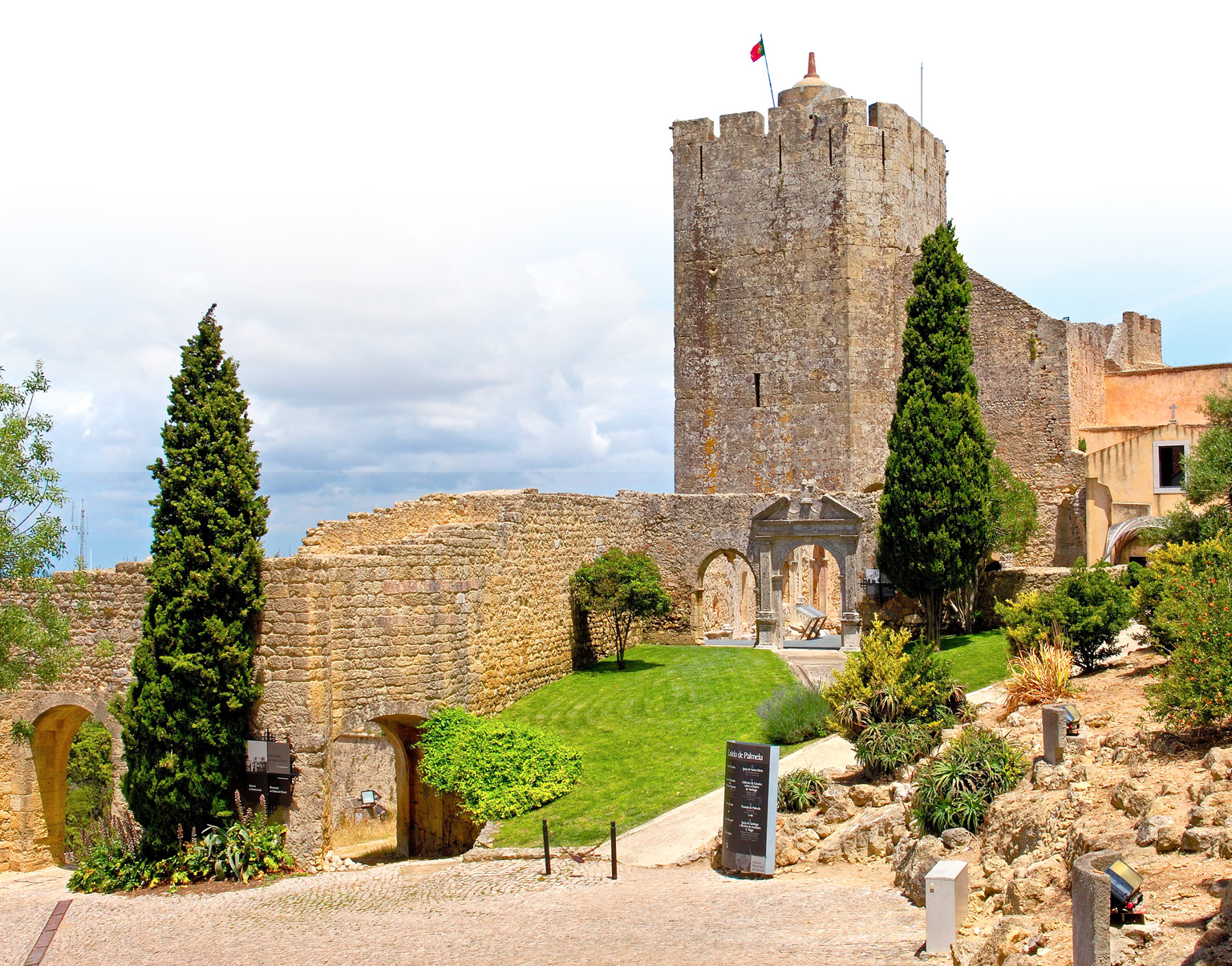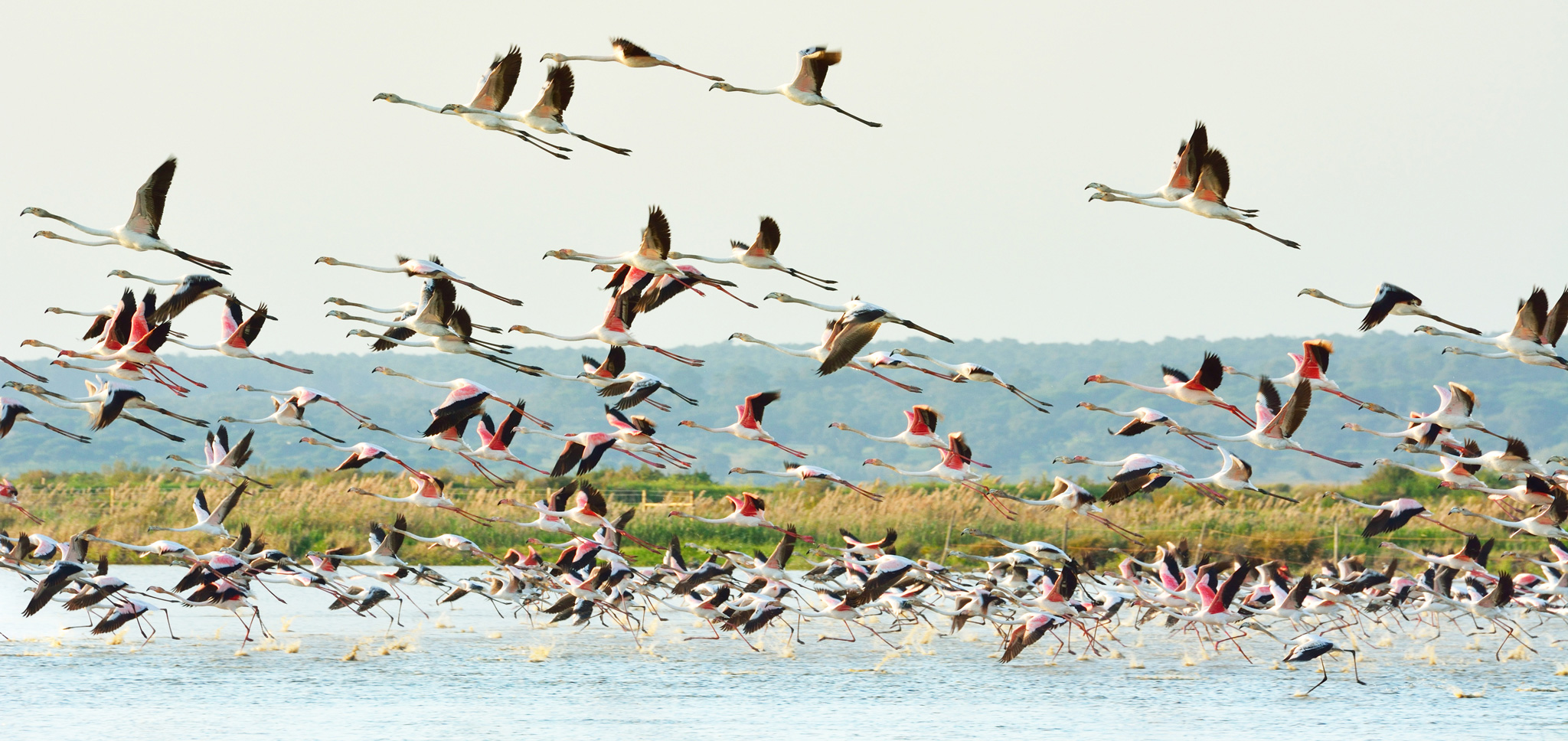EXCURSIONS
1.Sintra Hills
The romantic beauty of Sintra and its palaces – the crumbling walls veiled with moss, the views, the winding roads under dense canopies of leaves – all combine to make a visit to the Sintra hills a magical experience.
2.Serra da Arrábida
This limestone massif, about 40 minutes south of Lisbon by car, provides Portugal with its Mediterranean-like scenery – calm, blue-green waters and dramatic cliffs. Head for Portinho da Arrábida, and stop frequently to admire the views as you get close.
3.Alcácer do Sal
The ancient town of Alcácer do Sal (al-kasr from the Arabic for castle, and do sal from its trade in salt) sits peacefully on the north bank of the River Sado. Here you can enjoy the views from the 6th-century castle (now a pousada) and relax in the pleasant cafés along the riverside promenade.
4.Palmela and Azeitão
The main sight in Palmela is its hilltop castle, now an elegant pousada, which is open to passing visitors. Vila Fresca de Azeitão and Vila Nogueira de Azeitão are neighbouring towns at the heart of Palmela wine country.

Hilltop castle, Palmela
5.Setúbal and Tróia
The port town of Setúbal is prosaic, but it is home to the Igreja de Jesus, the first and perhaps most distinctive example of the Manueline style. People and cars are ferried across the mouth of the Sado river to the Tróia peninsula, which has excellent beaches extending south, and its estuary side is a haven for birds.

Flamingoes on the Tróia peninsular
6.Tejo Estuary
Referred to in English as the Tagus, the estuary is accessible from Lisbon via Alcochete, just across the Vasco da Gama bridge. From here you can drive or walk into the lezíria marshlands, one of Europe’s most important staging sites for migrating water birds, including flamingo, black-tailed godwit and avocet.
7.Óbidos
Óbidos is arguably the most picturesque town in Portugal. Contained within the walls of a 14th-century castle, it is filled with whitewashed houses with their edges painted ochre or blue, and their windows adorned with lace curtains and potted geraniums. The town was the wedding gift of Dom Dinis to his queen, Isabel of Aragon, in 1282.
8.Mafra
Mafra is home to an extravagant palace and monastery built for Dom João V, Portugal’s 18th-century monarch, who had a weakness for excess of all kinds. The almost pyramidal proportions of its construction are entertainingly detailed in José Saramago’s novel Baltasar and Blimunda. A section of Mafra’s hunting grounds is now used for a wolf conservation project.
9.Vila Franca de Xira
A centre for bullfighting, this town hosts the Festa do Colete Encarnado in July every year, a raucous and showy festival that includes bull-running. A similar festival, the Feira do Outubro, takes place in October.

Palace interior at Mafra
10.Ribatejo Wine Route
Some of the best wine producers in the Ribatejo region are clustered on the left bank of the Tejo, just north of Vila Franca de Xira, particularly between the towns of Almeirim and Alpiarça. Most welcome visitors. Seek out Quinta do Casal Branco, Quinta da Alorna, Fiuza & Bright and Quinta da Lagoalva de Cima.



